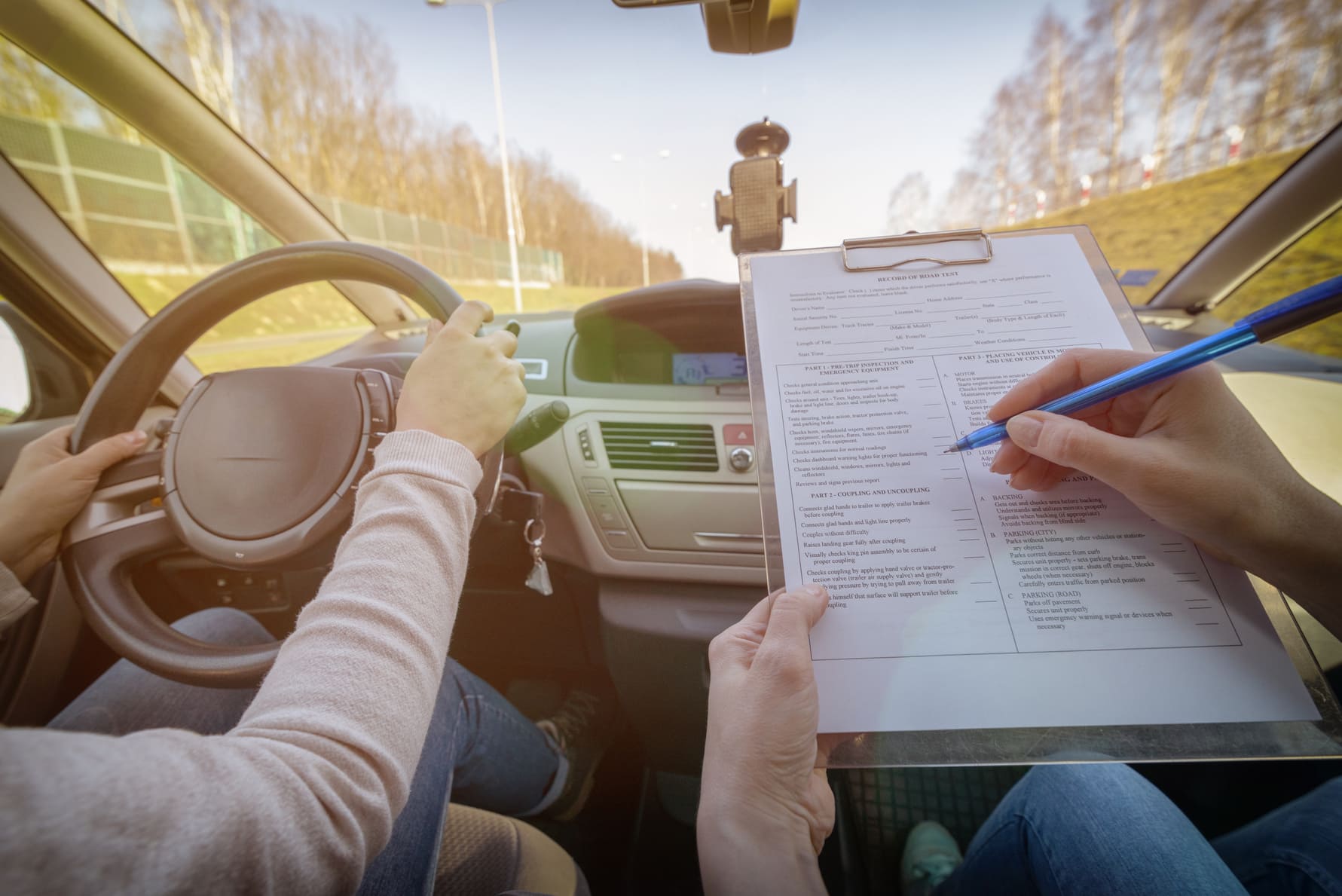Taking your road test with ICBC to obtain your full driver’s license can be nerve-wracking. There are certain requirements and elements you need to understand in order to pass your test on the first try. As one of the top-rated driving schools in Vancouver, Atlas Driving School wants to ensure that our students are fully prepared.
ICBC administers road tests across British Columbia to determine if new drivers have demonstrated they can operate a vehicle in a safe manner on public roads. The road test itself evaluates your ability to control the vehicle, observe rules, and react appropriately in various traffic situations. It is conducted on public roads and typically lasts 30-45 minutes.
During the test, the driving examiner will be scoring you based on three main criteria – vehicle control, road positioning, and observations. Let’s break down each category and what they are looking for:
- Vehicle Control – This measures your ability to properly use vehicle controls like the steering wheel, pedals, signals, mirrors, gear selection and more. The examiner will be checking that you are properly using your mirrors, have control of the steering wheel at all times with both hands (unless changing gears), and can smoothly operate the controls. You’ll need to demonstrate efficient braking, accelerating, turning, gear changes and more.
- Road Positioning – Here they evaluate your positioning of the vehicle in the lane. You need to demonstrate maintaining a safe following distance, proper lane placement, and smooth cornering. They want to see that you are centred in your lane and not drift. Watch out for curb positioning when parking or turning, too.
- Observations – This is one of the most important scoring areas. You must show that you are constantly scanning the road, checking mirrors, and making appropriate observations so you can anticipate and react to traffic situations safely. This means shoulder checks when changing lanes, checking blind spots, and noticing signs and traffic control devices. Maintain awareness of other vehicles, pedestrians, cyclists and more at all times.
In addition to these core criteria, examiners may also evaluate your ability to perform certain maneuvers like a three-point turn, parallel parking, lane changes, merges, intersections and more. You’ll also be judged on your use of signals, speed control, car control on inclines, and following directions.
Some key things to remember during your road test are:
- Explain what you are doing as you drive to showcase your observations
- Always check your mirrors and blindspots before moving or changing lanes
- Maintain a safe speed – it’s better to drive slightly slower than the limit
- Use turn signals well in advance of lane changes or turns
- Verbalize checks of signs, signals and hazards you notice
- Leave extra space between you and vehicles ahead in case you need to stop quickly
Join Us Today!
Nerves are common when taking a road test, but proper preparation is key. Take practice lessons with an experienced instructor like those at Atlas Driving School to improve your skills, familiarize yourself with the test route and reduce anxiety. Our instructors can provide valuable tips tailored specifically to you. Stay focused, drive smoothly and defensively, and you’ll be well on your way to getting your license. Let me know if you need any other road test tips!
I hope this overview of ICBC’s road test standards helps provide clarity on what will be evaluated. Don’t hesitate to book practice lessons with Atlas Driving School if you need extra guidance to boost your confidence and skills for your road test. Our first goal is to ensure all our students pass on the first try.
Contact Us: Vancouver, Surrey, Langley, New Westminster, Richmond

